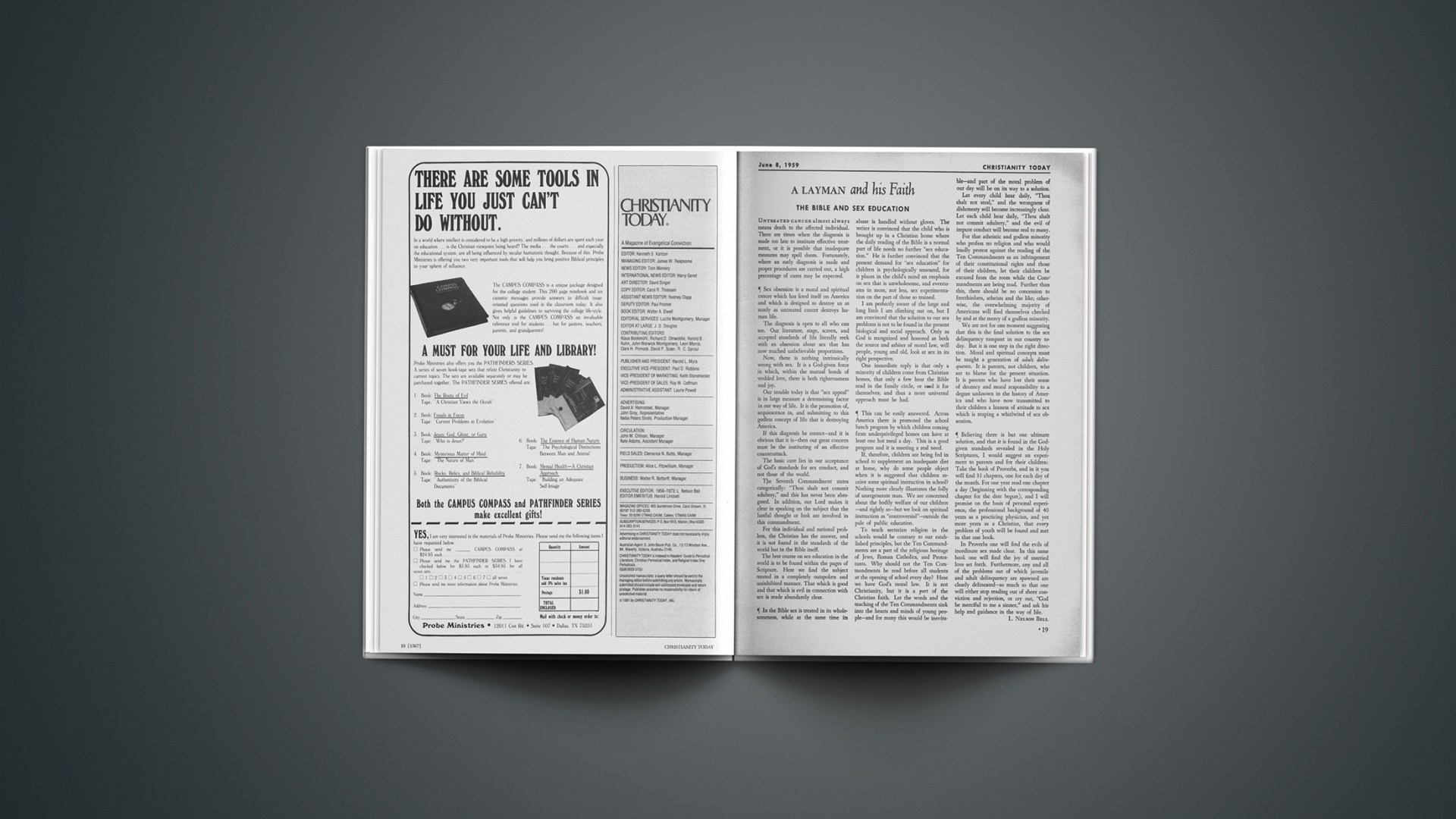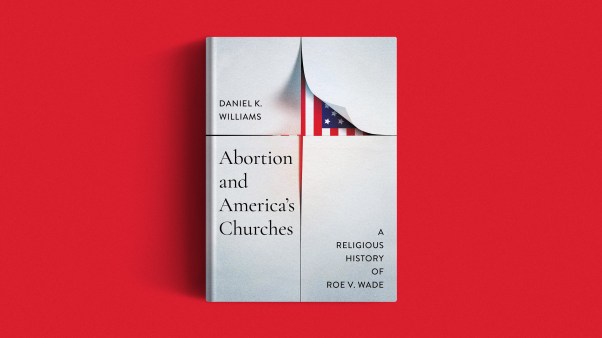Blessed are the meek: for they shall inherit the earth (Matthew 5:5).
Meekness is first of all a state towards God, not man. It is that tameness of spirit which ensues on the death of self-righteousness or self-assertion before our heavenly Father. Hence one of old called humility, “the mother of meekness”; and one of the moderns has said, “It grows out of the ashes of self-love and on the grave of pride.” It holds itself ready to fall in with anything, the least or the worst which God may give.
The expression here used is derived from Psalm 37:11. The Hebrew word for meek and that for poor are from the same root, and certainly meekness is akin to poverty of spirit. Our Lord declares that not the ambitious and arrogant, the irascible and violent, such as usually become prominent in the outbreak of revolutions, are the happy under Messiah’s reign, but the meek.
To view the Christian in the exercise of meekness, let us look at him in his conduct towards God. He no longer, like others, disputes against the word of God, or murmurs on account of the dealings of his Providence. Whatever God requires, appears, in his eyes, to be right: and whatever He does, though for the present it may be dark and inexplicable, is considered as wise and good. He dares not on any account to “reply against God.” Instead of objecting to any declaration, command, or threat, as “an hard saying,” he trembles at it; and receives it with meekness as an engrafted word, “able to save his soul.” He may have many and great trials; but instead of “fretting against the Lord,” he bows with humble submission …: “Not my will, but thine be done.”
Such is the foolishness of worldly wisdom! The wise of the world had warned them again and again. “That if they did not resent such treatment, if they would tamely suffer themselves to be thus abused, there would be no living for them upon earth; that they would never be able to procure the common necessaries of life, nor to keep even what they had; that they could expect no peace, no quiet possession, no enjoyment of any thing.” Most true—suppose there were no God in the world; or, suppose he did not concern himself with the children of men. But “when God ariseth to judgment, and to help all the meek upon the earth,” how doth he laugh all this heathen wisdom to scorn, and turn the “fierceness of man to his praise!” He takes a peculiar care to provide them with all things needful for life and godliness.
There is a natural meekness of spirit, springing from love of ease, defect in sensibility and firmness, and the predominancy of other passions, which should be carefully distinguished from evangelical meekness. It is timid and pliant, easily deterred from good, and persuaded to evil; it leads to criminality in one extreme, as impetuosity of spirit does in another; it is often found in ungodly men; and it sometimes forms the grand defect in the character of pious persons, as in the case of Eli, and of Jehoshaphat. Divine grace operates in rendering such men of an opposite temper more yielding and quiet. The meekness to which the blessing is annexed is not constitutional, but gracious: and men of the most vehement, impetuous, irascible, and implacable dispositions, by looking to Jesus through the grace of God, learn to curb their tempers, to cease from resentment, to avoid giving offense by injurious words and actions, to make concessions and forgive injuries.
Inherit The Earth
The promised land is for the tribes of the meek: before them the Canaanites shall be driven out. He has the best of this world who thinks least of it, and least of himself.
CHARLES SPURGEON
If we believe at all that the Saviour foresaw the fulfillment of the kingdom which he founded, we can entertain no doubt that he had it before his eye when he spoke these words. Accordingly, we see that in this promise humility and meekness are by him pronounced to be the truly world-conquering principle, with reference to their ultimate victory … in history.
A. THOLUCK
On the promise, compare Isaiah 57:13–15; 60:21; 1 Corinthians 3:22. That kingdom of God which begins in the hearts of the disciples of Christ, and is “not of this world,” shall work onwards till it shall become actually a kingdom over this earth, and its subjects shall inherit the earth: first in its millennial, and finally in its renewed and blessed state for ever.
HENRY ALFORD
They shall inherit the earth as it is to be when it becomes, for theocratic purposes, a new earth wherein dwelleth righteousness. The cosmical riches and enjoyments which God has so munificently provided and stored up for his moral creatures belong to the meek, and will in due time be conferred upon them. This is the real idea that underlies the 37th Psalm, from which the Saviour has drawn this particular beatitude.
JAMES MORISON
There is nothing lost by meekness and yieldance. Abraham yields over his right of choice: Lot taketh it; and behold, Lot is crossed in that which he chose, Abraham blessed in that which was left him. God never suffers any man to lose by an humble remission of right, in a desire of peace. “The heavens, even the heavens, are the Lord’s; but the earth hath he given to the children of men” (Ps. 115:16).
JOHN TRAPP
To “inherit the land,” is to enjoy the peculiar blessings of the people of God under the new economy; it is to be “heirs of the world,” “heirs of God, joint-heirs with Christ Jesus.” It is to be “blessed with all heavenly and spiritual blessings in Christ”; to enjoy that true peace and rest,—of which the rest of Israel in Canaan was a figure,—which a man enters into on believing the truth, and which will be perfected in heaven.
JOHN BROWN
With inconceivable grandeur does the promise which corresponds come forward, in order to allure our proud and stubborn natural mind to submit to that death from which it shrinks: for they shall, they will possess or inherit the land, the earth! Is not this worth the sacrifice of self, to be enriched with the free gift of such a possession, of such riches? It is in an Old Testament promise, which, while it there clings to the typical land of Canaan, extends much further in the design of the Holy Ghost (Ps. 37:11; 25:13; Isa. 57:13; 60:21) even to the new earth which with the new heavens, God declares that he will make (Isa. 66:22). It is the ultimate and full meaning of the promise to Abraham—to be the heir of the world (Rom. 4:13).
RUDOLPH STIER










